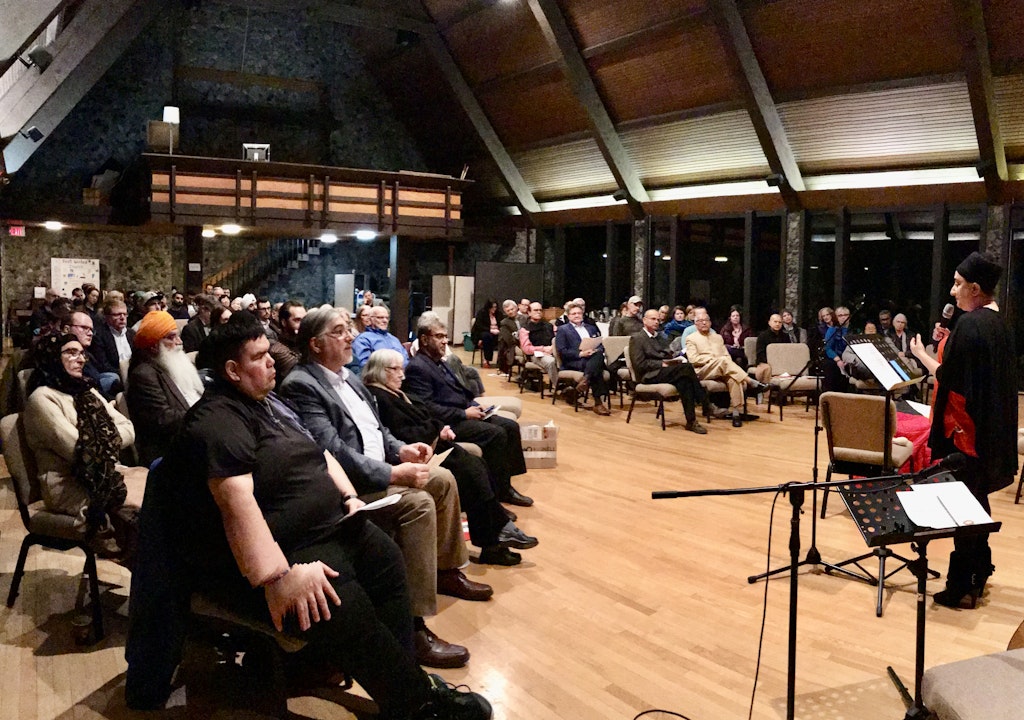The Bahá’í Faith, a relatively young world religion, offers a profound interpretation of prophetic teachings found in sacred texts, particularly concerning God, the Quran, and the concept of the Last Day. This exploration reveals not only the transformative nature of prophecies but also the underlying unity of divine messages across different religious traditions. Such a perspective is pivotal in fostering interfaith dialogue and understanding.
At the heart of Bahá’í teachings lies the belief in a transcendent God, a singular, all-powerful deity who is the source of all creation. This conception of God establishes a foundation upon which the teachings of various prophets, including Muhammad, rest. The Quran, revered as the holy scripture of Islam, is viewed not merely as a historical text but as an enduring source of spiritual guidance that remains relevant in contemporary society. Bahá’ís acknowledge the Quran’s significant contributions to ethical and moral frameworks within Islam while also vowing to recognize the broader divine principles inherent in its verses.
The Quran opens with a proclamation of God’s mercy and compassion, characteristics that are fundamental to understanding the divine nature. This perspective aligns seamlessly with Bahá’í teachings, which emphasize God’s love for humanity as a motivating force behind His revelations. The Bahá’í Faith recognizes that the revelations made through the Quran are part of a larger continuum of divine guidance, which includes the teachings of earlier prophets such as Moses, Jesus, and Zoroaster, as well as the more recent revelations of Bahá’u’lláh, the founder of the Bahá’í Faith.
One of the cornerstones of Bahá’í belief is the acknowledgment of the continuity of revelation. This principle asserts that God has never ceased to communicate with humanity throughout history. As such, the prophecies contained within the Quran are not confined to a singular interpretation; rather, they are dynamic teachings that evolve in meaning as society progresses. This evolving interpretation is critical when approaching the notion of the Last Day—a concept that echoes across numerous religious traditions and is imbued with rich symbolism.
The “Last Day” in Islamic eschatology is often perceived as a time of judgment and ultimate reckoning. However, from a Bahá’í perspective, there is a more expansive understanding of this concept. It can be interpreted not solely as a singular, apocalyptic event but as a metaphor for spiritual renewal and transformation. Bahá’ís regard the Last Day as an indication of the culmination of humanity’s spiritual evolution, pointing towards a future where all nations and peoples will be united under one banner of peace and justice.
Central to this eschatological vision is the notion of collective awakening. The prophecies regarding the Last Day convey the idea that humanity is moving towards an age of enlightenment, with the potential for unprecedented unity. This prospect is embedded within the verses of the Quran, which emphasize the importance of justice, compassion, and moral rectitude. Bahá’ís interpret these principles as directives for humanity’s collective progress, urging individuals to work proactively towards the betterment of society.
The intersection of prophecies found in the Quran and Bahá’í scripture unveils profound insights into the transformative power of revelation. For instance, the Quran speaks of the emergence of a “Seal of the Prophets,” a title attributed to Muhammad. Bahá’í teachings expand this understanding by positing that the prophetic mission does not terminate with Muhammad but rather continues through subsequent manifestations of God. This interpretation sheds light on the role of Bahá’u’lláh as a divinely appointed figure who fulfills prophetic expectations, demonstrating that the flow of revelation is a continuous tide rather than a finite stream.
Moreover, the Bahá’í perspective addresses a common observation—the tension between historical religious teachings and contemporary conditions. Many individuals feel a dissonance between ancient texts and modern societal challenges. Bahá’ís advocate for a reading of the Quran and other holy texts that takes into account current realities while remaining rooted in spiritual principles. This approach transcends literal interpretations, inviting followers to extract moral and ethical implications that resonate with a global audience.
Importantly, the Bahá’í interpretation of prophecy emphasizes the universality of divine teachings. Much like the Quran, which contains verses that validate the authenticity of earlier scriptures, the Bahá’í Faith implores adherents to acknowledge the interconnectedness of all religious paths. This is a vital step towards fostering a culture of harmony, understanding, and reconciliation among disparate faiths.
In conclusion, the Bahá’í perspective on God, the Quran, and the Last Day represents a holistic framework for interpreting prophetic teachings. By embracing the continuity of revelation and the universality of divine messages, Bahá’ís offer a transformative lens through which individuals can address contemporary societal issues. This perspective not only provides clarity on eschatological themes but also serves as a catalyst for interfaith dialogue, promoting a vision of a united humanity grounded in shared spiritual values. As humanity navigates the complexities of modern existence, these teachings continue to resonate, reminding us of the enduring relevance of prophetic wisdom in the pursuit of peace and justice.
